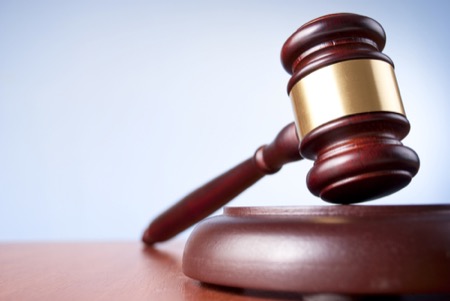Before contacting a lawyer who specializes in this area, these are the common issues related to appeals.
Who can file an appeal? Any party involved in a lawsuit can file an appeal if the verdict conflicts with their interests. This means that the court's ruling must have direct and adverse effects on the entity in order for them to be eligible for submission.

Are there any circumstances necessary to present? Yes. The appeal process can only take place if there is a point of controversy. If the case is in a state of dispute or has already been resolved, it is not possible to file an appeal.
How is the presentation made? The notice of appeal, together with the necessary documents, such as the minutes of the first instance and the transcripts, must be submitted to initiate the appeal process. However, remember that there is a deadline before you have to make the presentation. Contact a best appeal attorney Orlando immediately after the trial ends to avoid this.

Where do you do the presentation? In most cases, an appeal goes from a trial court to a middle court of appeal and then to the highest court of appeal in the jurisdiction. Eg. Processes courts for appeals to the District of Florida cases in the preliminary phase. The Supreme Court has maximum jurisdiction over Florida appeals. What happens in the Court of Appeal? An appeal does not involve reviewing the facts, but rather focuses on the application of laws in a particular case and examining whether they were legal or not. A judicial panel examines the threats presented by the appellant and the appellate, together with the records of the first instance.
If necessary, the Court of Appeals also hears oral argument from both parties. This may also include questions about the issues involved. It is for the Court of Appeal to determine whether there was an error in the trial and whether it was harmful (harmful to the appellant) or harmless.
No comments:
Post a Comment